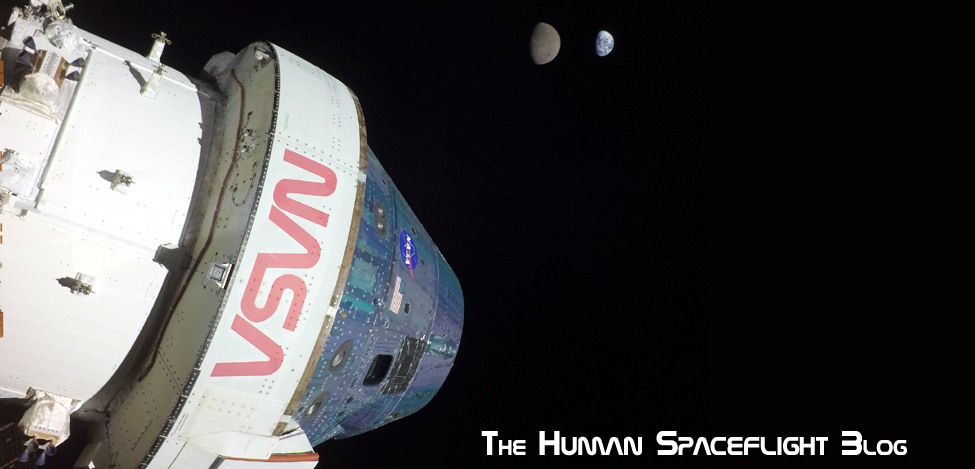SpaceX
Falcon 9 Update... SpaceX's workhorse rocket, which now has five successful launches under its belt, will soon become more powerful than ever with this new upgrade...
****
SpaceX's Merlin 1D Engine Achieves Flight Qualification (Press Release)
Hawthorne, CA – Space Exploration Technologies' (SpaceX) Merlin 1D engine has achieved flight qualification, a major milestone for the next generation Merlin engine. Through a 28 test qualification program, the Merlin 1D accumulated 1,970 seconds of total test time, the equivalent run time of over 10 full mission durations, and is now fully qualified to fly on the Falcon 9 rocket.
The program included four tests at or above the power (147,000 pounds of thrust) and duration (185 seconds) required for a Falcon 9 rocket launch. The Merlin 1D engine was also tested at propellant inlet and operating conditions that were well outside the bounds of expected flight conditions.
SpaceX's testing program demonstrated a ratio of 4:1 for critical engine life parameters such as firing duration and restart capacity to the engine's expected flight requirements. The industry standard is 2:1.
"The Merlin 1D successfully performed every test throughout this extremely rigorous qualification program," said Elon Musk, SpaceX CEO and chief designer. "With flight qualification now complete, we look forward to flying the first Merlin 1D engines on Falcon 9's Flight 6 this year."
The Merlin 1D builds on the technology of the Merlin engines used on the first five flights of Falcon 9. With nine Merlin 1Ds on the first stage, the Falcon 9 rocket will produce nearly 1.5 million pounds of thrust in a vacuum. The Merlin 1D has a vacuum thrust-to-weight ratio exceeding 150, the best of any liquid rocket engine in history. This enhanced design makes the Merlin 1D the most efficient booster engine ever built, while still maintaining the structural and thermal safety margins needed to carry astronauts. Additionally, the new engine is designed for improved manufacturability by using higher efficiency processes, increased robotic construction and reduced parts count.
Testing took place at SpaceX's Rocket Development Facility in McGregor, Texas.
Source: SpaceX.com
****
Elon Musk / SpaceX

No comments:
Post a Comment